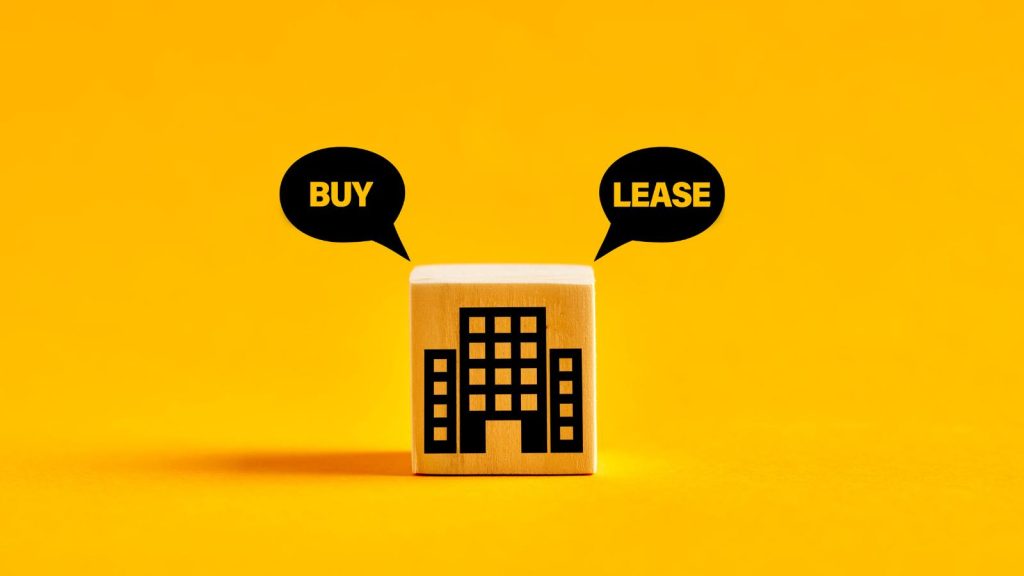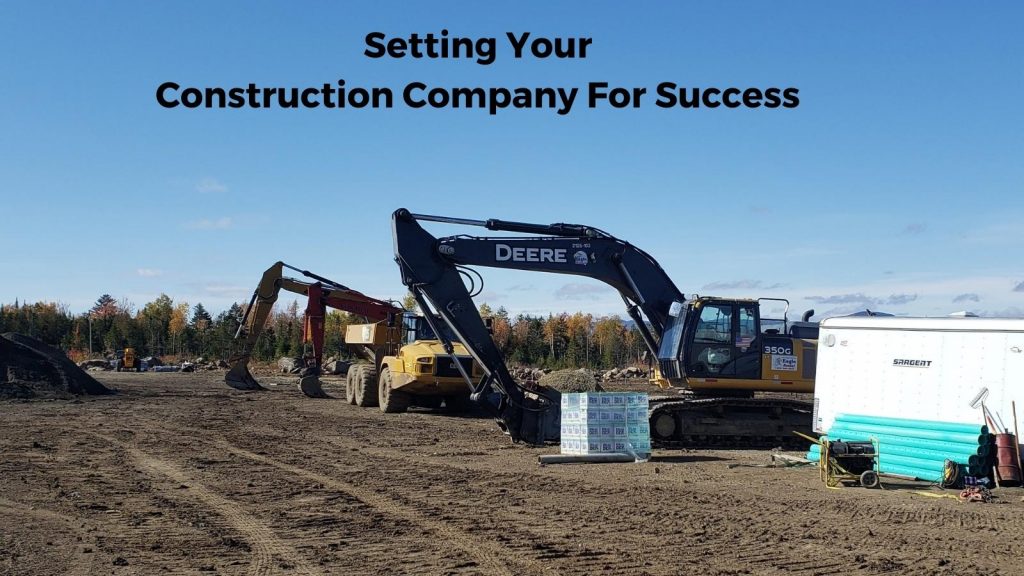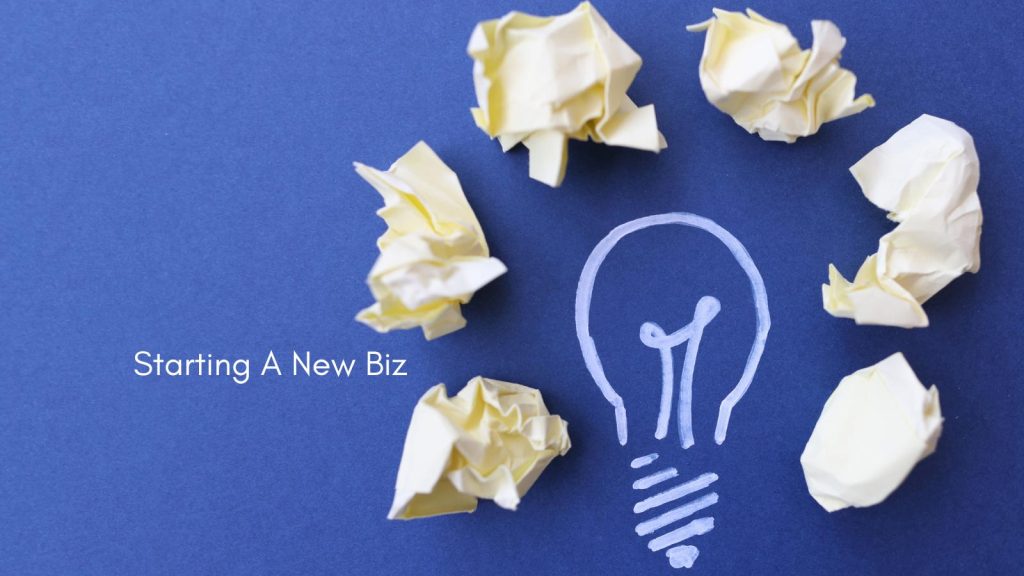Businesses of all sizes have to make decisions about whether to lease or buy the property, machinery, and equipment needed to run the company. For small businesses, this decision can be especially important. Limited resources may mean to buy a business is not always an option.
In this article, we will explore the pros and cons of both leasing and buying for small businesses, so that you can make the best decision for your company.
You will learn how to buy a small business and more about leasing one.
Table of Contents
To Buy A Business: Property
When it comes to property, leasing could be a more cost-effective option than buying. Leasing can provide you with the same benefits that ownership affords while also allowing you to put off paying the full purchase price until later down the line.
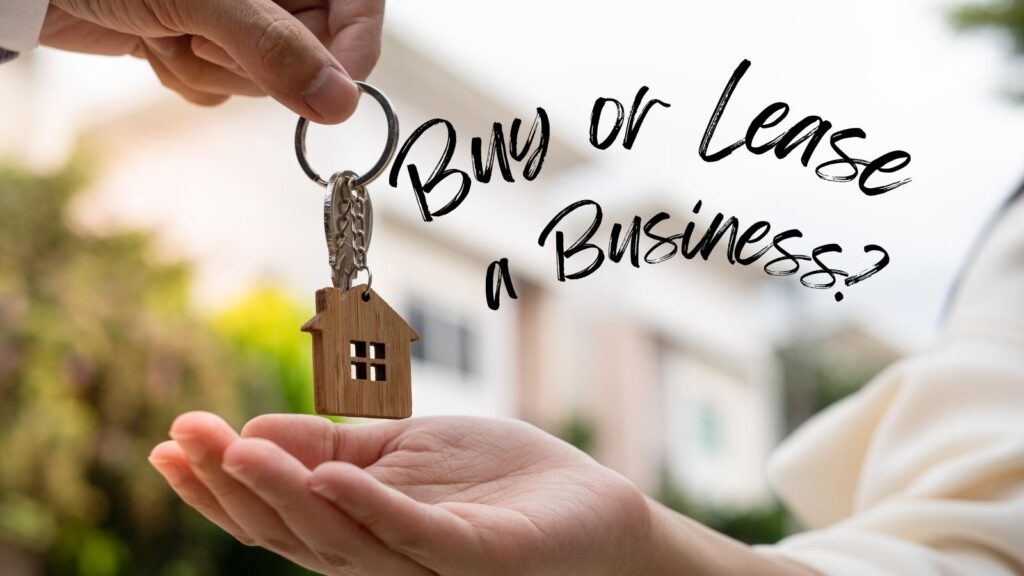
Additionally, lease payments can often be tax deductible as operating expenses, which can help reduce your overall costs in the short term. On the other hand, owning property gives you greater control and enables you to leverage the appreciation of value over time.
Machinery and Equipment
In most cases, leasing will make more economic sense than buying machinery and equipment used in your business. This is due to two main factors:
- Depreciation, meaning that once you buy an item of machinery or equipment, it will start to lose value over time; and
- The ever-changing nature of technology, which means that you may need to upgrade your equipment on a regular basis. Leasing can help protect against these risks by allowing you to easily switch out for newer models without having to worry about disposing of the old equipment or losing money through depreciation.
Employees
It is not normally recommended that small businesses purchase employees, as this could lead to costly long-term commitments. However, hiring or leasing employees on a temporary basis can be beneficial in certain circumstances.
For example, if you are looking for specialist skills or extra help during busy periods, then it might make sense to hire someone temporarily rather than investing in a full-time employee who may not be needed once the project is completed.
Investment Implications To Lease or Buy A Business
When making decisions about whether to lease or buy a business, it is important to consider the investment’s implications as well.
Buying can be an effective way to invest capital and build long-term value in a business, while leasing can help you preserve cash flow and maintain flexibility.
Ultimately, the decision should depend on your specific financial needs and objectives before you lease or buy a business.
What To Look For Leasing Property In 2024?
When leasing property, it is important to read the terms of the lease carefully and ensure that you are getting the best possible deal for your business.
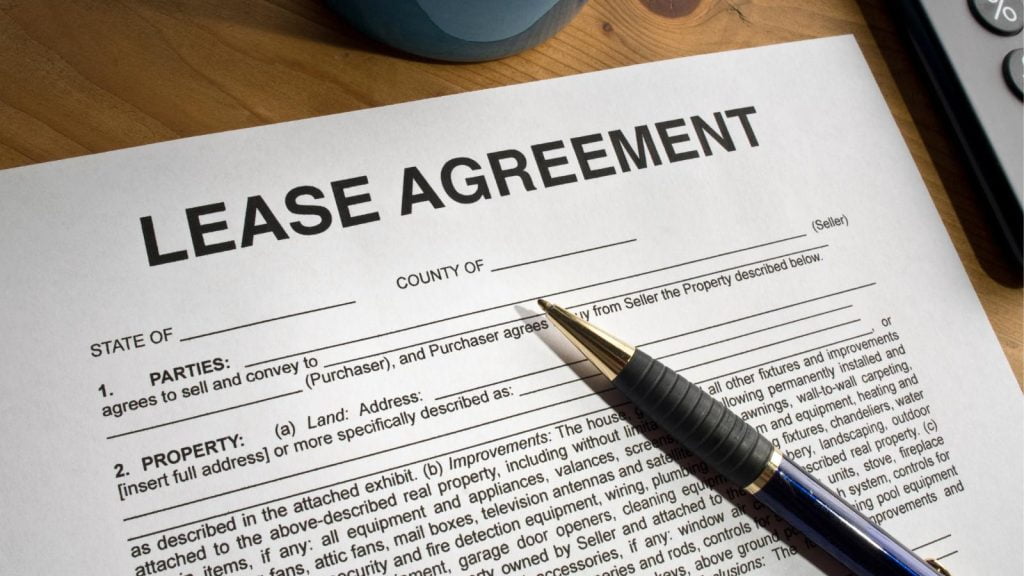
Consider factors such as the length of the lease, any restrictions on use and occupancy, what services are included in the rental agreement, whether you can sublet or transfer your lease, and any potential issues with renewing or terminating early.
Additionally, make sure to obtain a clear understanding of all costs associated with leasing so that there are no hidden surprises down the line.
Also, how big space do you need and where is the location of it. A realtor can help you with these issues because their buildings provide all of the services that businesses need to succeed.
What to Look For When Leasing Machinery and Equipment?
When leasing machinery and equipment, it is important to make sure that you are getting the best value for your money. Look at factors such as the length of the lease term, the cost of maintenance and repair, what happens when the item needs to be upgraded or replaced, and any additional costs associated with termination.
Additionally, consider whether there are any tax benefits available through leasing and how this may affect your overall bottom line.
You should also ask questions about customer service and support in case something goes wrong with the equipment.
What To Look For When Leasing Employees?
When leasing employees, it is important to make sure that you are getting the best value for your money.
Look at factors such as the terms and conditions of the contract, how long the employee will be available for, and what happens when their services are no longer needed or desired. You should also consider whether there are any additional costs associated with hiring a leased employee, as well as how they may affect your team dynamics.
Additionally, make sure to obtain a clear understanding of all taxes and other costs related to leasing an employee so that there are no hidden surprises down the line.
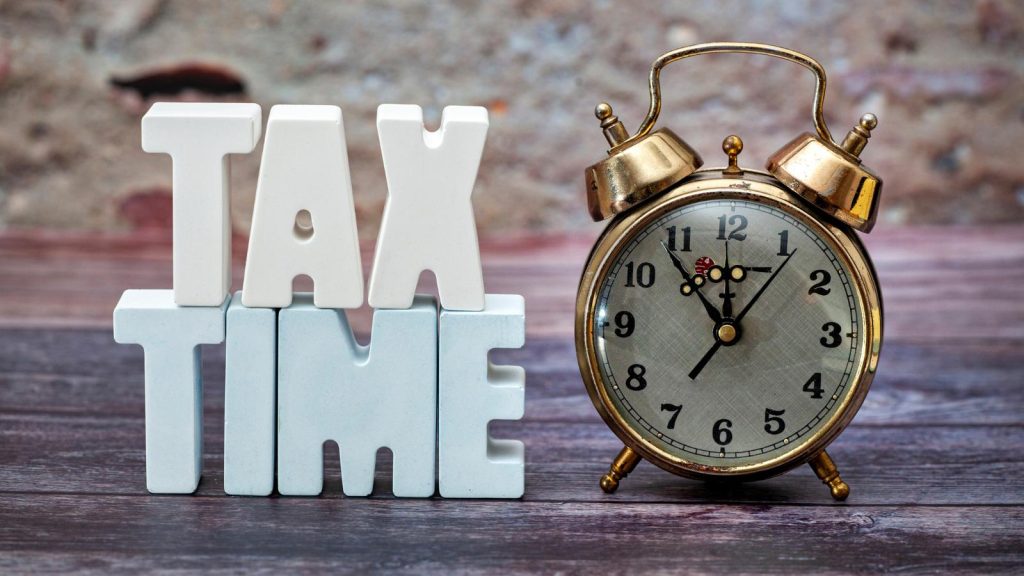
Conclusion of Leasing or Buy A Business Today
By taking all of these factors into consideration, you will be able to make an informed decision about whether leasing or buying an existing business is the best option for your small business.
Whichever route you choose, ensure that you understand all associated costs and benefits so that you can maximize the chances of success for your company.
Have you ever leased or purchased a small business? I’d love to hear about it in the comment section below.
